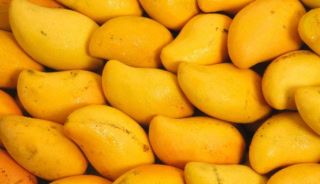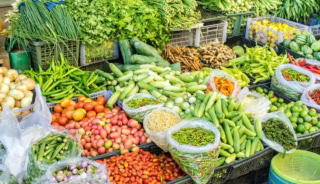Indonesia Eyes Collaboration with Pakistan in Fisheries, Livestock

KARACHI: A high-level delegation from Indonesia has shown strong interest in developing scientific and technical cooperation with Pakistan, especially in the fields of fisheries, aquaculture, livestock, and veterinary sciences.
The delegation visited Sindh Agriculture University (SAU), Tandojam, to explore opportunities for joint efforts that support sustainable development and improve rural livelihoods.
The visit was part of the “Poverty Alleviation and Inclusive Development Across Rural Sindh (PAIDAR)” programme by the United Nations Industrial Development Organisation (UNIDO). The programme aims to boost socio-economic development in underprivileged rural communities.
The Indonesian team, including experts Eko Cahyadi, Koko Kukarcan, and Skenda Darja, toured the Faculty of Animal Husbandry and Veterinary Sciences at SAU. They reviewed the university’s academic and research infrastructure and engaged in discussions with faculty members, researchers, and students.
Key topics included fish disease control, hatchery operations, advanced breeding techniques, and aquaculture processing technologies. The visit highlighted the shared goals of both countries to improve productivity and sustainability in key agricultural sectors.
Indonesian representative Eko Cahyadi commended SAU’s efforts, stating that the university’s work in fish breeding, disease management, and processing technology is in line with international standards. He expressed the delegation’s intent to turn this exchange into a formal academic and research partnership.
“We are pleased to see such progress and are interested in transforming this academic interaction into a formal partnership in the near future,” said Cahyadi.
The visit emphasized the importance of connecting academia, public institutions, and industries to accelerate innovation and sustainable growth. Both sides anticipate that future collaboration could open new avenues for training, joint research, and technology transfer in the fisheries and livestock sectors.
Sharing clear, practical insights on tech, lifestyle, and business. Always curious and eager to connect with readers.


 2 min read
2 min read






























